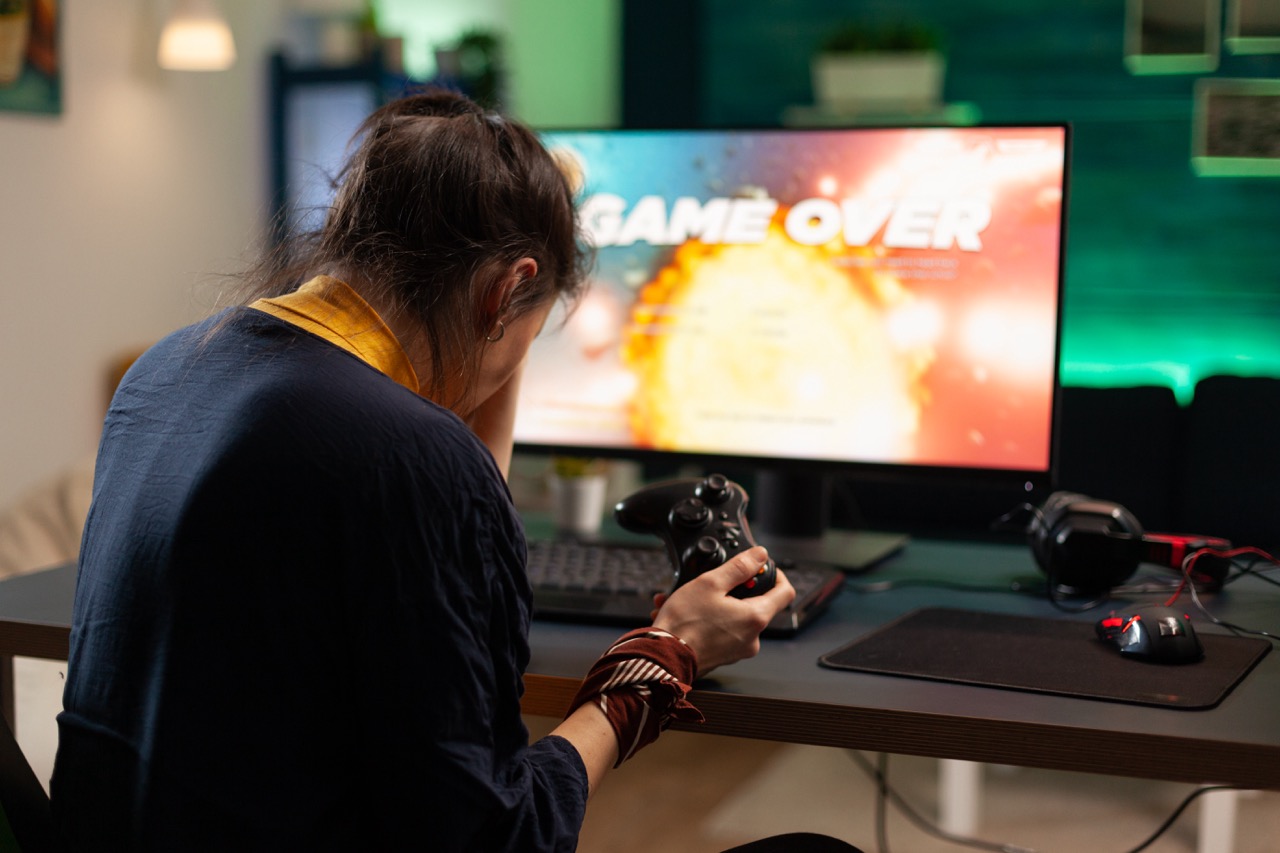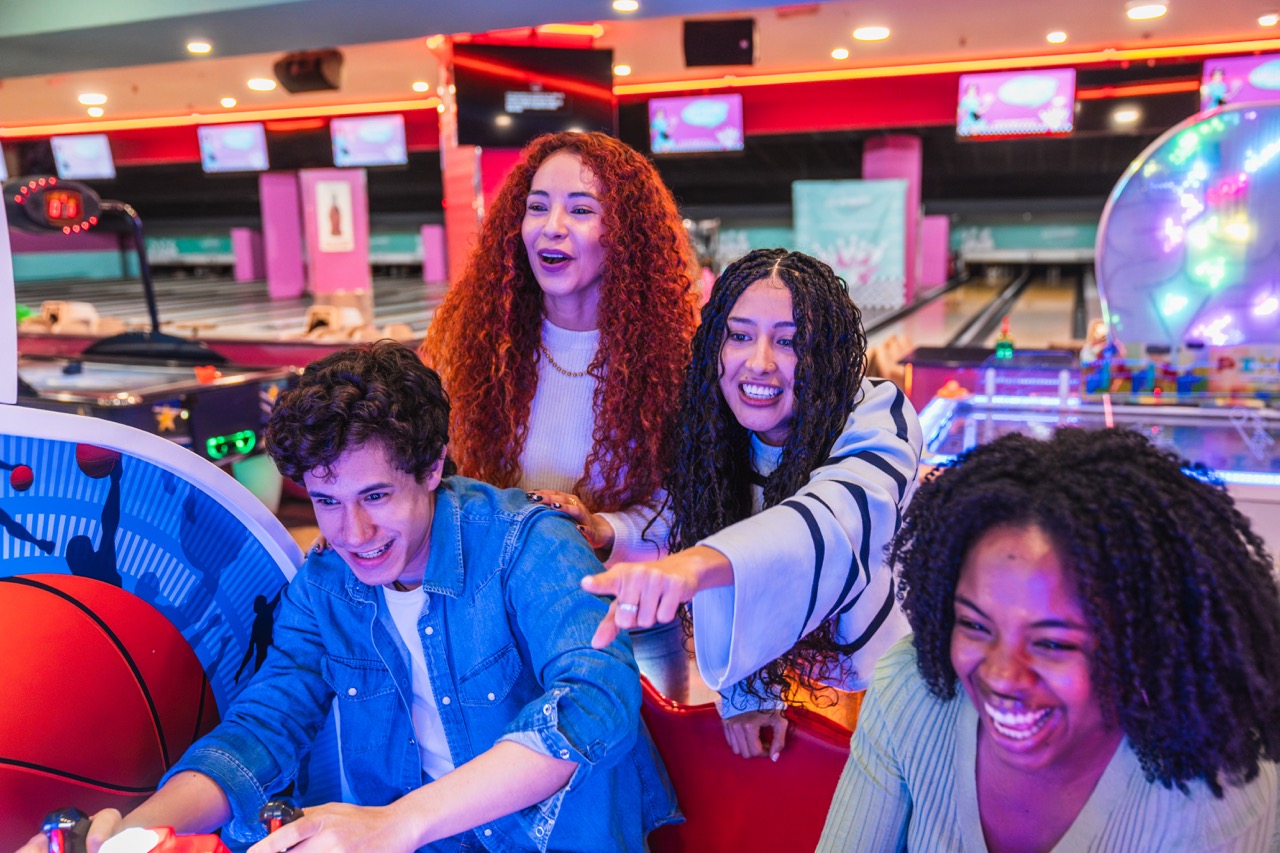Esports has exploded into the mainstream, attracting millions of fans and participants worldwide. However, while many celebrate the thrill of competition, few discuss the unique stressors that esports athletes face and the mental strategies they employ to succeed. From intense pressure during high-stakes tournaments to the demands of constant practice, these athletes must navigate a complex psychological landscape. In this article, we’ll explore how esports players manage stress, maintain focus, and balance their gaming lives.
Understanding the Unique Stressors of Esports Competition
Esports competitions can feel a lot like traditional sports, but they come with their own set of challenges. One major stressor is the pressure to perform consistently at a high level. Unlike traditional sports, where athletes may have a more extended season with varied performance, esports tournaments often happen over a short period. This can lead to an overwhelming sense of urgency and the fear of letting down teammates and fans alike.
Another significant stressor is the mental fatigue that accompanies long hours of gameplay. Esports athletes often train for hours daily, honing their skills and strategies. This constant high level of engagement can lead to burnout if not managed properly. The stakes are high: one poor performance can result in elimination from a tournament, which adds to the anxiety and pressure.
Lastly, the scrutiny from fans and analysts can be intense. Unlike traditional sports, where audiences might be more forgiving, esports fans can be brutally honest, critiquing every move. This digital spotlight can increase an athlete’s stress levels, making it crucial for players to develop effective coping strategies to deal with this constant evaluation.
Techniques Esports Athletes Use to Stay Focused
Many esports athletes employ various techniques to help them maintain concentration during competitions. One popular method is visualization. Before matches, players often spend time imagining themselves executing strategies and making successful plays. This mental rehearsal can enhance focus and build confidence, allowing athletes to perform better under pressure.
Another technique is the use of breathing exercises. By focusing on their breath, players can reduce anxiety and clear their minds before and during matches. Simple techniques, like the 4-7-8 method (inhaling for 4 seconds, holding for 7, and exhaling for 8), can ground athletes, helping them manage stress and stay present during intense gameplay.
Additionally, many esports athletes use short breaks strategically. These micro-breaks allow players to step away, refresh, and regroup their thoughts. A five-minute reset can make a world of difference when returning to high-stakes situations, helping them regain focus and energy.
Mindfulness and Mental Health: Essential Tools for Gamers
Mindfulness has become a buzzword in various fields, and esports is no exception. Many players practice mindfulness techniques to help them stay present and maintain focus during competitions. This might include meditation, which can improve emotional regulation and reduce stress. By dedicating a few minutes each day to mindfulness, players can cultivate a habit that enhances their overall mental health.
Moreover, mental health resources have become increasingly accessible to esports athletes. Organizations and teams are beginning to prioritize mental well-being, offering counseling and psychological support. This shift acknowledges that mental health issues, such as anxiety and depression, can impact performance and aims to create a more supportive environment for athletes.
Engaging with mental health professionals can also provide players with coping strategies tailored to their experiences. These professionals can help athletes navigate the unique pressures of competitive gaming, equipping them with tools to handle stress and maintain focus during crucial moments.
Balancing Practice and Downtime: Finding the Right Mix
With the demands of continuous practice, finding a balance between training and downtime is essential for esports athletes. Overtraining can lead to physical and mental burnout, so many players are learning to listen to their bodies and minds. This means recognizing when to push through and when to take a break, which is vital in maintaining long-term performance.
Structured downtime is becoming a common practice among successful teams. Instead of constant gaming, athletes are incorporating activities that promote relaxation and socialization. Whether it’s spending time with friends, engaging in physical activities, or simply enjoying other hobbies, these breaks can recharge their mental batteries and foster a healthier relationship with gaming.
Lastly, setting boundaries around gaming time can lead to a more balanced lifestyle. Many players are adopting schedules that include dedicated practice hours along with planned breaks. By prioritizing downtime just as much as practice, they can ensure they remain motivated and passionate about their craft, avoiding the burnout that can come from an unrelenting schedule.
In the fast-paced world of esports, stress management and focus are crucial for success. Athletes face unique challenges that require them to develop effective strategies not only for competition but also for their overall well-being. By understanding the stressors, employing focus techniques, and embracing mindfulness, esports players can thrive both in and out of the gaming arena. Balancing practice with downtime ultimately ensures that they stay not only competitive but also mentally healthy, fostering a sustainable career in this exciting and demanding field.










